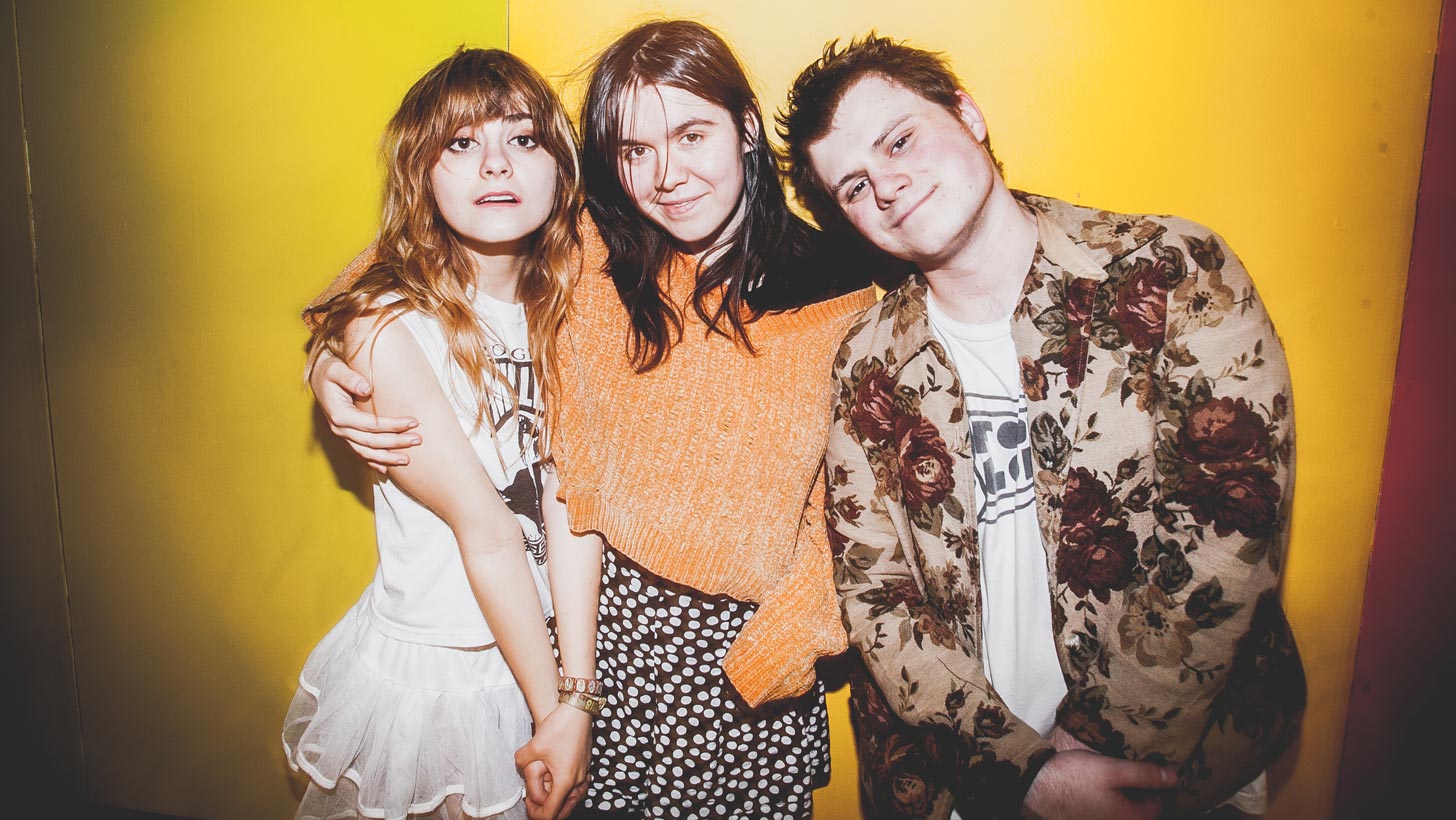Skating Polly
with Monsterwatch and Meryl Streep Jr.Monday, April 22 • Launchpad • 618 Central Ave. SW8pm • $8 • 21+.Music Interview: Skating Polly
Skating Polly Arrives At The End Of Rock

Latest Article|September 3, 2020|Free
::Making Grown Men Cry Since 1992

Skating Polly
with Monsterwatch and Meryl Streep Jr.Monday, April 22 • Launchpad • 618 Central Ave. SW8pm • $8 • 21+.